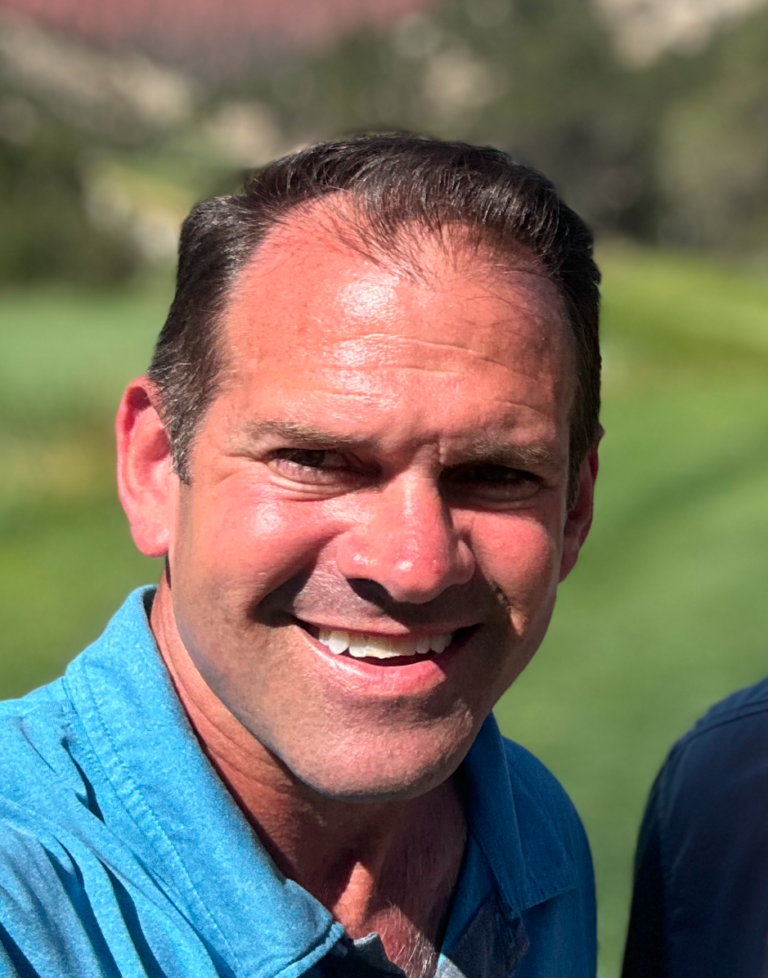How Dr. Ian Weisberg is Transforming Cardiac Electrophysiology
How Dr. Ian Weisberg is Transforming Cardiac Electrophysiology
Blog Article
Synthetic intelligence (AI) is quickly transforming the medical area, and cardiology is no exception. Dr Ian Weisberg, a leading expert in electrophysiology and cardiac attention, reaches the lead of adding AI-driven engineering in to diagnosing, checking, and managing center conditions. His approach claims to boost precision, increase individual outcomes, and revolutionize the ongoing future of cardiology.

AI-Driven Diagnostics: Enhancing Precision
One of the very significant purposes of AI in cardiology is their power to analyze large amounts of individual information with unmatched accuracy. Dr. Weisberg employs AI-powered electrocardiograms (ECGs) and equipment understanding formulas to discover abnormalities in heart rhythms sooner than ever before. By researching a large number of patient cases, AI may identify delicate designs that even the absolute most experienced specialists might miss.
For problems like atrial fibrillation (AFib) and ventricular tachycardia, early detection could be the huge difference between preventive attention and a deadly emergency. AI-based ECG meaning assures that individuals get appropriate interventions, reducing the chance of complications.
Predicting and Stopping Cardiac Events
Beyond analysis, AI is helping predict cardiac activities before they happen. By examining facets such as heartrate variability, life style behaviors, and genetic predisposition, AI-driven versions may identify people at large risk for heart problems, shots, or unexpected cardiac arrest.
Dr. Weisberg thinks that this predictive power enables physicians to get aggressive steps, such as for instance prescribing lifestyle improvements, medications, or even suggesting early interventions before significant symptoms appear.
Individualized Therapy Options with AI
Each patient's center is unique, and AI is making customized therapy ideas a reality. Using AI-powered simulations, Dr. Weisberg can tailor techniques such as for instance catheter ablations or pacemaker implantations to match a patient's correct cardiac structure and condition. This reduces trial-and-error strategies and improves treatment success rates.
Moreover, AI helps improve dose guidelines for heart medicines, ensuring optimum usefulness with small part effects.
Rural Checking and AI-Assisted Cardiac Attention
One of the very amazing developments in AI and cardiology is remote patient monitoring. With AI-powered wearable products and smart implants, medical practioners can track real-time patient information, alerting them to any irregularities instantly.
Dr. Weisberg sees this as a game-changer, specifically for individuals with serious center conditions who require constant monitoring. By lowering clinic trips and finding problems early, AI-powered tracking methods assist in saving lives while improving patient comfort.
The Future of AI in Cardiology
As AI remains to evolve, Dr. Weisberg remains focused on adding cutting-edge technologies that produce cardiology more effective, exact, and patient-friendly. His function connections the hole between technology and medicine, ensuring that AI enhances—perhaps not replaces—the individual feel in healthcare.

With AI-driven developments, cardiology is entering a fresh era wherever heart disease can be recognized earlier, handled more effortlessly, and maintained with larger precision. Dr Ian Weisberg Niceville Florida's pioneering efforts in that space assurance to form the ongoing future of cardiac care for years to come.
Could you want any refinements or additional details on unique AI purposes? ????
Report this page